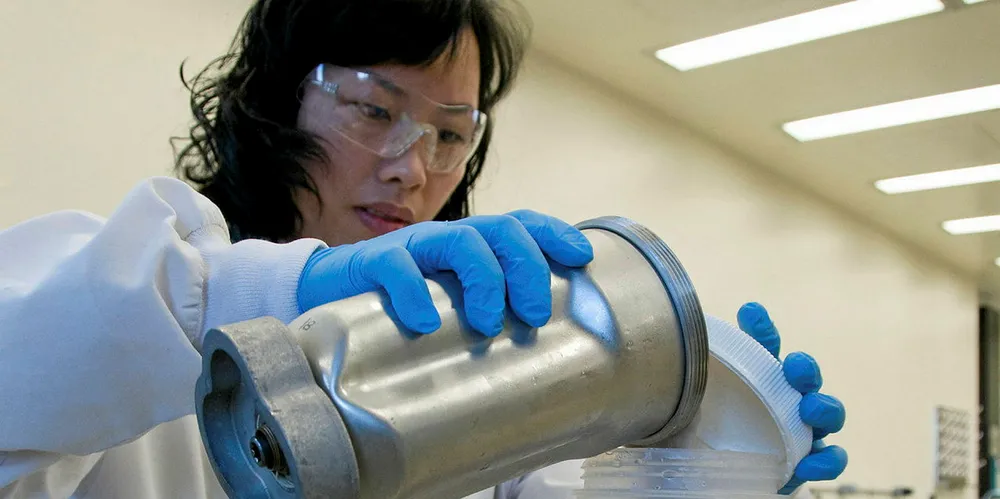FDA includes salmon, Alaska pollock on list of foods needing additional traceability requirements
NFI has questioned whether the FDA is taking an unwarranted, 'one size fits all approach.'

NFI has questioned whether the FDA is taking an unwarranted, 'one size fits all approach.'
